Fossil Fuels
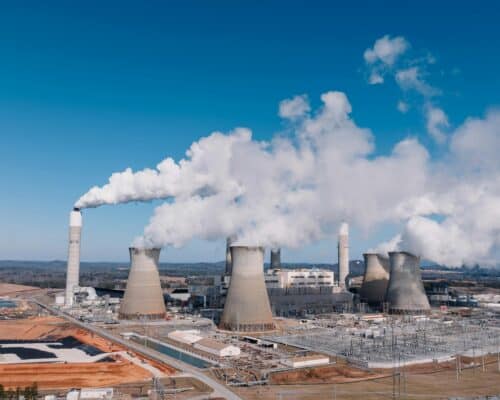
The State of Fossil Fuel Funding in 2024: The Biggest Corporate and State Backers
While unbearable heatwaves, catastrophic floods, and other devastating climate impacts are multiplying in frequency and severity, experts reveal that the top 60 largest private banks have provided USD 6.9 trillion to fossil fuels since the Paris Agreement.
How Bangladesh and Pakistan Can Survive the Energy Crisis
Fossil fuel import dependence has put Pakistan and Bangladesh in a very similar situation. However, both countries' pathways for salvaging it are also comparable: diversifying their energy mixes with a focus on renewables and reduced reliance on deliveries.

Environmental Issues Around San Miguel Corporation Deter Investors
In one way or another, SMC is a part of the daily life of many Filipinos and its actions have serious implications. Financiers and investors should be wary of this.
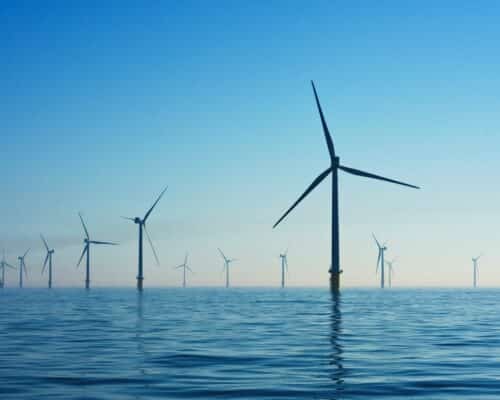
The Climate Leadership of the G7 Now Hangs on Japan
Without ensuring that all members share the same views regarding the energy transition, the G7 will have difficulty leading global climate policy. Convincing Japan of the urgency of phasing fossil fuels out and accelerating clean energy adoption is integral before the G20 and COP29 meetings later this year.

G7 Ministerial Meetings 2024 – Outcomes
The G7 has sent a clear message that it is moving away from coal. While a good start, the targets are vague and insufficient for a 1.5°C-aligned world. The G20 and COP29 summits and the upcoming NDC updates round provide the perfect opportunities to accelerate progress.

Japanese Banks Pour Billions Into Fossil Fuel Industry
Analysts warn that the continued fossil fuel support from the Japanese financial industry, showcased by the actions of various banks, insurance companies, asset owners and asset managers, is enabled by loose policies or loopholes. Fixing them is critical for addressing the climate crisis.
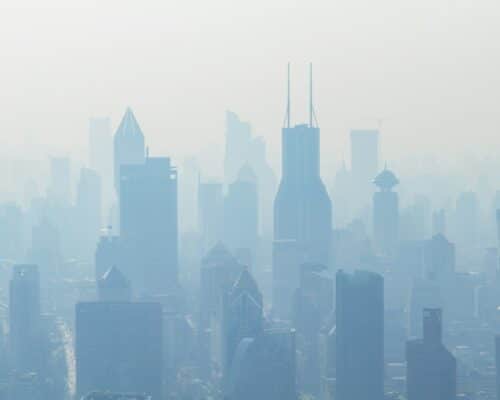
False Solutions to Climate Change Promoted in Southeast Asia Pose Various Risks
Instead of helping Southeast Asia wean itself off fossil fuels, ammonia-hydrogen co-firing solutions and CCS risk perpetuating their use and locking climate-vulnerable countries into a future of high emissions, air pollution and ecosystem disruption.
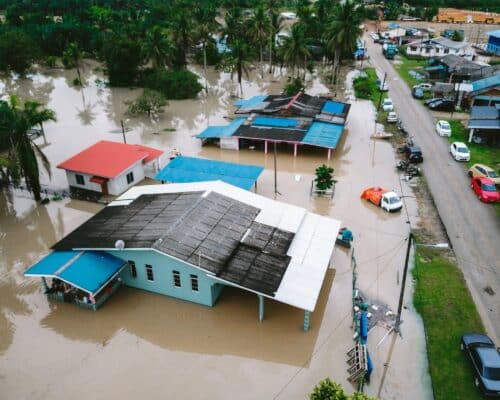
Flood Risk In Asia
Without urgent and deep emissions cuts, scientists warn that Asia will experience a substantial increase in projected rainfall and flood risk. However, these projections aren’t just a distant scenario but a harsh reality for many Asians today.
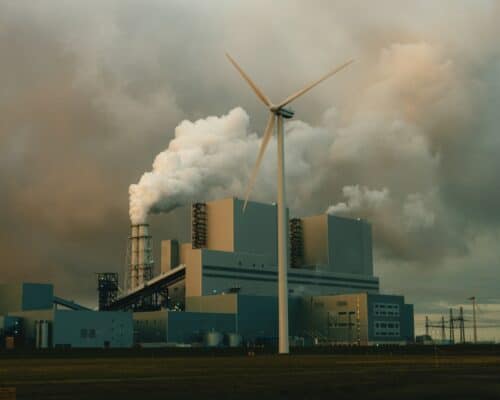
How COP28 Failed to Deliver on the Climate Crisis
Despite all the efforts to paint COP28's final text as a success, the result of the conference is a vague and non-binding agreement allowing the fossil fuel lobby to continue doing business as usual. All that while frontline communities stand at risk due to the climate crisis.
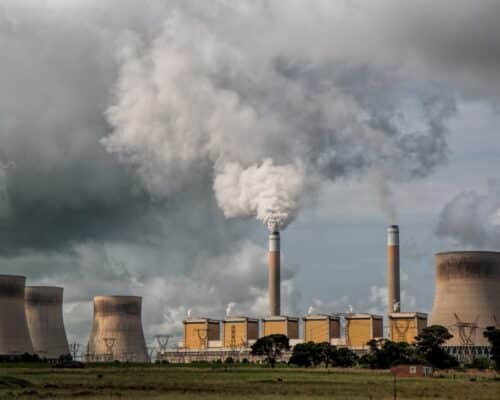
Why Does Japan Rely on Fossil Fuels?
Japan is often overlooked in the conversation about the biggest climate offenders. However, in their current form, Japan’s plans for “clean coal” and hydrogen pose a major risk, extending the life of fossil fuels.
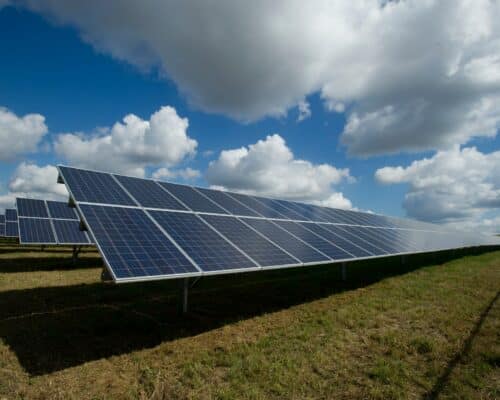
Southeast Asia Prefers Renewables, But Misplaced Fears of High Costs Delay Adoption
Southeast Asia has immense clean energy potential, and experts estimate that capitalising on it will unlock massive gains. With renewables being the cheapest source of new power in countries comprising two-thirds of the global population and responsible for 90% of electricity generation, switching to renewables will help Southeast Asian countries ease the burden of fossil fuel subsidies on their economies.

IEA: Urgent and Joint Action Needed To Keep the 1.5°C Target Alive
The IEA's latest report is clear: global leaders either take urgent and collective action now or miss the 1.5°C target.

ASEAN Countries Need to Prioritise Renewable Energy Not Ammonia, Hydrogen and CCS
While Japan argues that its GX strategy can help countries accelerate their energy transition and ensure a reliable power supply, experts accuse the government of trying to export its fossil fuel lobby's interests. Southeast Asian countries shouldn’t be the ones paying the price.
Japan’s Energy Policy Is Turning It Into the World’s Climate Villain
Japan is quickly becoming the odd one at the table of the G7 regarding climate policies. Scientists, analysts and environmental and societal groups see it as the culprit of climate change inaction. It is time for Japanese governmental and corporate leadership to change that perception.
Most Popular
Categories
-
10
-
34
-
126
-
4
-
17
-
46
-
52
-
11
-
10
-
15
-
24
-
6
-
5
-
1
-
6
-
281
-
200
-
17
-
24
-
1
-
1
-
23
-
41
-
44
-
87
-
18
-
86
-
41
-
17
-
11
-
43
-
54
-
86
-
299
-
22
-
44
-
36
-
10
-
42
-
36

